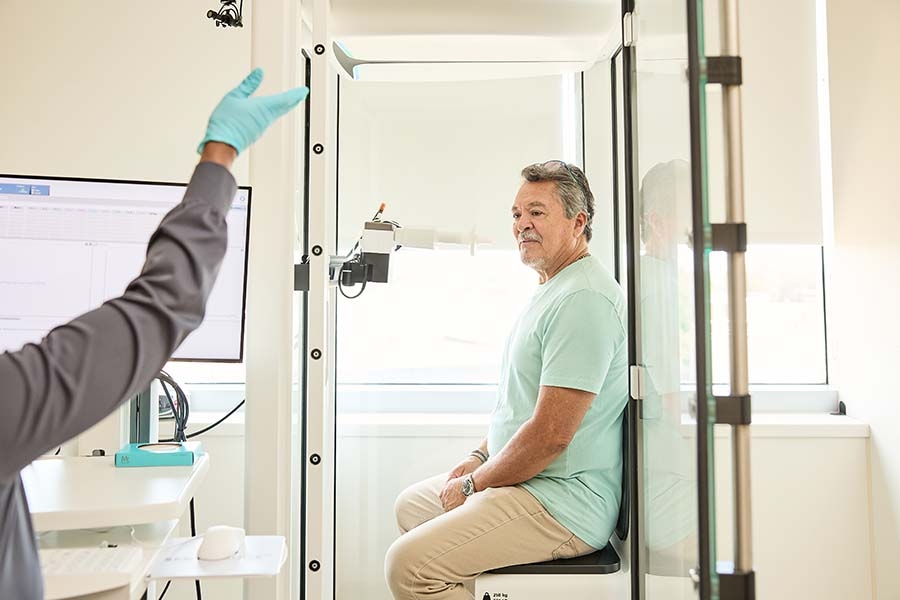Trans-Nasal Esophagoscopy
View All Blog PostsQuestions & Answers
NE stands for Trans-Nasal Esophagoscopy. It is a way of performing an endoscopy of your esophagus (food pipe).
TNE allows your doctor to screen your esophagus for infections, inflammation, tumors, areas of narrowing, pouches where food can collect, and other lesions. This is important because it allows your physician to evaluate what could be causing symptoms such as difficulty with swallowing or chronic cough.
In certain cases, TNE can be used for treatment - such as to perform a dilation (enlargement) of a narrow segment of your esophagus, or take a biopsy (sample) of cells in your esophagus.
Unlike an upper endoscopy that is performed by a gastroenterologist (GI doctor), TNE does not require anesthesia medicines for sedation. Instead, it is performed while you are awake. That means you can usually drive yourself to your appointment and then again back home. There is usually no recovery period necessary. In certain situations, however, an upper endoscopy by your GI doctor may be a more appropriate way to evaluate your esophagus than a TNE. Your otolaryngologist (ENT) doctor can discuss this with you.
TNE is performed with the patient sitting in an examination chair. The nose is numbed with medicine. Usually, no numbing medicine is needed for the throat. After the inside of your nose has been numbed, the scope is placed into your nose. It is then slowly passed into your throat. You may be given food to eat during this part of the exam. As you swallow your saliva (or food), the scope enters your esophagus. Then you will sit in the chair for about 5 to 10 minutes while your doctor examines the inside of your esophagus and possibly your stomach. Sometimes patients may feel pressure or bloating during this part of the procedure. The scope is removed once the examination and any other indicated procedures are completed.
Most people feel tightness in the nose during TNE. A few people experience nasal discomfort if their nostrils are narrow, or if they have a deviated septum. People with a very sensitive gag reflex may have a temporary gagging sensation when the scope first enters the esophagus. Because air is piped in to allow your doctor to look at the inside of the esophagus and stomach, it is common to burp during and/or after the procedure.
You do not need to do anything special to prepare for TNE, although it is best if you do not eat for about 2-3 hours prior to the procedure.
Your doctor can discuss any normal and abnormal findings with you as soon as the procedure is over. If a biopsy is performed, those results will usually take about 2 weeks to be finalized.
Based on what is seen during TNE, your doctor may recommend further treatments or procedures. For example, you may be started on an anti-reflux diet and medication regimen, or your current reflux regimen may be adjusted. You may also be referred to see a gastroenterologist (GI doctor) for further evaluation. Your doctor may recommend additional x-ray studies or evaluation by another medical specialist.

